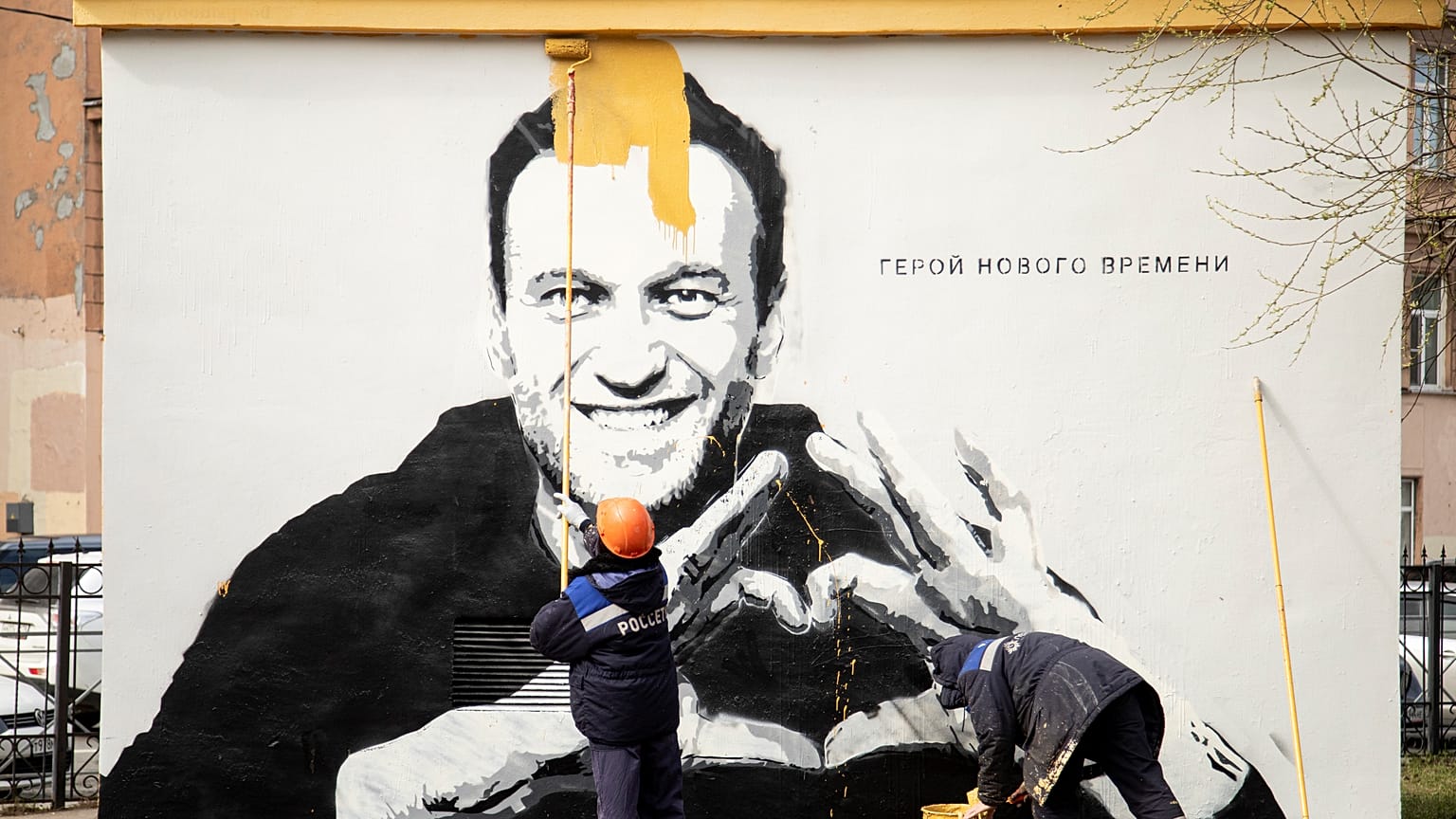Russian MPs voted on Tuesday to pass the first reading of a bill that would ban members of “extremist” organisations from elections - a move which could pave the way to prevent allies of Alexei Navalny from standing for office.
Russian MPs voted on Tuesday to pass the first reading of a bill that would ban members of “extremist” organisations from elections - a move which could pave the way to prevent allies of Alexei Navalny from standing for office.
The opposition leader’s political organisation is currently facing a court case which authorities hope will classify it as “extremist”.
The bill being voted on in the Russian Duma will stop any member of an “extremist” organisation from being elected as deputies (MPs), just months ahead of fresh elections.
The first reading was passed by 293 deputies to 45.
Navalny, who has been in prison since his return to Russia in January this year, runs the Anti-Corruption Foundation, which is currently the subject of court proceedings in the country.
A court is to hear a case against the political network, with authorities accusing it of being extremist, and working to undermine Russia.
The move comes as against the backdrop of the unpopularity of the ruling United Russia party, with elections scheduled for September.
'One big repressive story'
The case, and the history of judicial proceedings against Navalny and his allies, are "of course parts of one big repressive story", Lyubov Sobol, a lawyer for the Anti-Corruption Foundation, told Euronews.
Navalny was poisoned with the chemical weapon Novichok in August last year, and since then "only bad news appeared", says Sobol.
“The pressure is increasing every day in Russia and it is more and more difficult to conduct an opposition policy, even if you conduct it in peaceful legal ways, this does not mean that you will be free. As soon as you start gaining popularity, the state claims to you," she says.
The move from the authorities comes just a few months before parliamentary elections. It would not only ban the leaders of so-called "extremist" organisations from running for office, but also normal members - which would mean thousands of pro-Navalny supporters would be disenfranchised.
“They are afraid to lose because they see in all open and closed opinion polls that the ruling party of United Russia does not have and is not close to the majority of the population's support, they are afraid that independent strong politicians who will really be the voice of the people will pass to the State Duma [parliament]," says Sobol.
Those pushing for the bill say the goal is to protect Russia’s sovereignty, and to stop those with extremist and radical ideas from getting seats in the Russia's parliament.
If passed, Navalny's group would be on a par with terror organisations like ISIS and Al-Qaeda.
"They are afraid of destroying the myth that the majority of Russians are for Putin. I’m sure it’s not. They are afraid that this picture will collapse, that in Russia everyone is for Putin and everyone is for United Russia."
She says even donors of Navalny's organisation will be banned under the bill, which is retroactive, meaning even those who were connected to it before the bill comes into force will be affected.
“Donations were made by tens of thousands if not hundreds of thousands of people," she says, adding millions spread information online and they could then be caught up in the bill.















